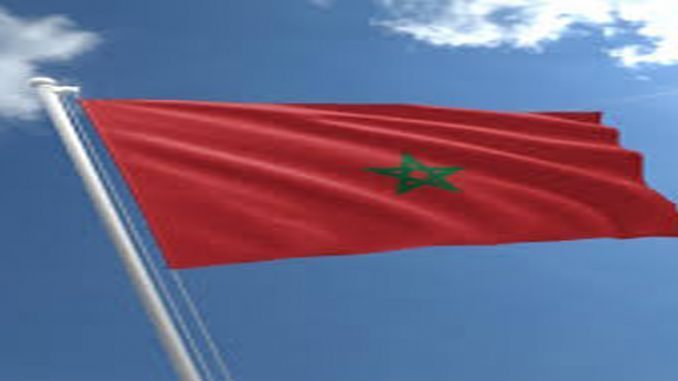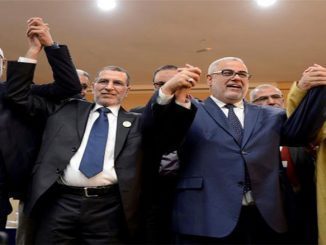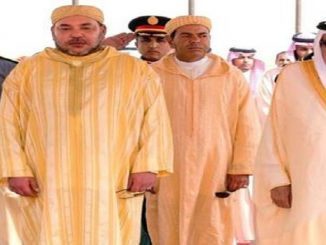
“The partial liberalization of the exchange rate regime in Morocco will have a limited impact on the country’s banking sector,” Fitch Ratings said in a statement published today.
Morocco launched the process of Dirham liberalization this June, in accordance with an announcement made by the Central Bank’s governor, Abdellatif Jouahri, back in April.
In its latest report, Fitch Ratings analyzes the risks of this economic liberalization program on Moroccan Banks. The process to full exchange rate flexibility has been estimated at as long as 15 years.
“Banks are unlikely to face significantly higher risks related to greater volatility in the exchange rate regime because their exposure to foreign currencies is minimal in their domestic activities,” states the rating company.
According to Fitch, “foreign currency loans are almost entirely trade-related, while its deposits are scarce and use for international capital markets are minimal.”
Net open positions in foreign currencies are low and generally represent less than 5 percent of assets. “Thus, the liberalization of the dirham will likely have a limited impact on macroeconomic stability in the short and medium term,” the agency said.
Fitch expects the “new” exchange rate regime to be phased in gradually, resulting in a slight increase in the volatility of the dirham relative to the current basket of money.
For the agency, “the risks of a sharp adjustment of the dirham are low as the exchange rate is consistent with fundamentals, according to the IMF’s latest assessment.”
Public finances and market access are not expected to be significantly affected as public debt is mainly denominated in dirhams and held by domestic investors.
“Morocco’s reserves and the IMF’s precautionary and liquidity line would provide an important buffer in the event of external stress,” something Fitch does not anticipate.
Moroccan small and medium-sized importers would be the most affected in the event of a weakening of the dirham, given their limited access to currency hedging instruments.
However, “these companies’ forward purchase orders tend to be short term, so they can pass on the growing import costs to their customers.” In addition, Fitch does not expect the credit portfolio of banks to deteriorate as a result of this reform.
Large Moroccan companies are already actively using foreign exchange derivatives and banks do not expect borrowers to have problems managing their foreign currency loans once the exchange rate regime evolves.
Banks active in currency trading or able to offer hedging instruments to their clients may benefit from opportunities resulting from increased volatility in exchange rates. These banks, according to Fitch, include Attijariwafa Bank, “one of the largest banks with the most developed investment banking and investment franchise.” And the subsidiaries of major French banks, “which can tap into their parents’ derivative expertise.”
For Fitch, although the authorities have advanced the date of June 2017 to start the reform, this scenario now seems unlikely. Rather, the rating agency expects deployment to begin in the second half of the year, with a long implementation period of up to 15 years.



